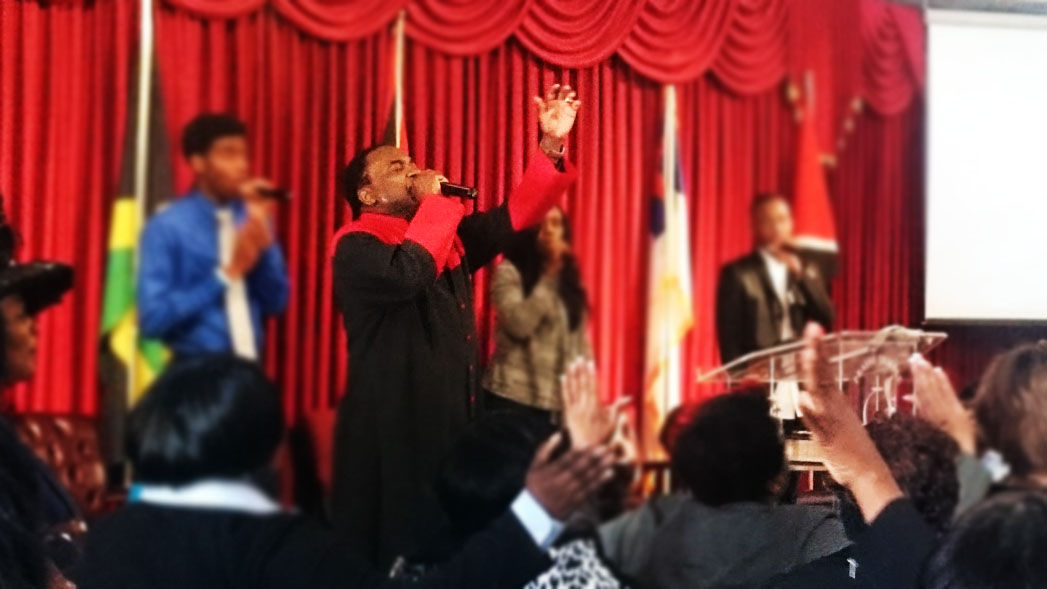Coronavirus Community Preparedness and Outbreak Response
- Praise Temple
- Mar 6, 2020
- 2 min read


Nonpharmaceutical interventions (NPIs) are public health actions that can slow the spread of emerging respiratory diseases like COVID-19 for which vaccines and drug treatments are not yet available.1 They include personal protective measures implemented by individuals and community measures implemented by affected communities.1 NPIs are used to build community preparedness in communities without known COVID-19 disease and to support outbreak responses in communities where local cases or cluster of diseases have occurred.
NPIS for Community Preparedness
CDC recommends individuals and families follow everyday preventive measures:
Voluntary Home Isolation: Stay home when you are sick with respiratory disease symptoms. At the present time, these symptoms are more likely due to influenza or other respiratory viruses than to COVID-19-related virus.
Respiratory Etiquette: Cover coughs and sneezes with a tissue, then throw it in the trash can.
Hand Hygiene: Wash hands often with soap and water for at least 20 seconds; especially after going to the bathroom; before eating; and after blowing your nose, coughing, or sneezing.
If soap and water are not readily available, use an alcohol-based hand sanitizer with 60%-95% alcohol.Environmental Health Action: Routinely clean frequently touched surfaces and objects
Routine use of these measures by individuals and their families will increase community resilience and readiness for responding to an outbreak.
NPIs for COVID-19 Outbreaks in Communities
Personal Protective Measures. During an outbreak in your community, CDC recommends the everyday preventive measures listed above—especially staying home when sick—and taking these additional measures:
Keeping away from others who are sick.
Limiting face-to-face contact with others as much as possible
Consulting with your healthcare provider if you or your household members are at high risk for COVID-19 complications
Wearing a facemask if advised to do so by your healthcare provider or by a public health official
Staying home when a household member is sick with respiratory disease symptoms, if instructed to do so by public health officials or a health care provider (Voluntary Home Quarantine)
Community Measures. If COVID-19 disease is occurring in your community, state and local public health authorities may decide to implement:
Temporary closures or dismissals of childcare facilities and schools
Other social distancing measures that increase the physical space between people, including:
Workplace social distancing measures, such as replacing in-person meetings with teleworking
Modifying, postponing, or cancelling mass gatherings.
Decisions about the implementation of community measures will be made by local and state officials, in consultation with federal officials as appropriate, and based on the scope of the outbreak and the severity of illness. Implementation will require extensive community engagement and ongoing and transparent public health communications.
Footnote
1Additional information about the evidence base for each NPI and considerations for their implementation is available in: Community Mitigation Guidelines to Prevent Pandemic Influenza — United States, 2017.
Additional Resources:

Comments